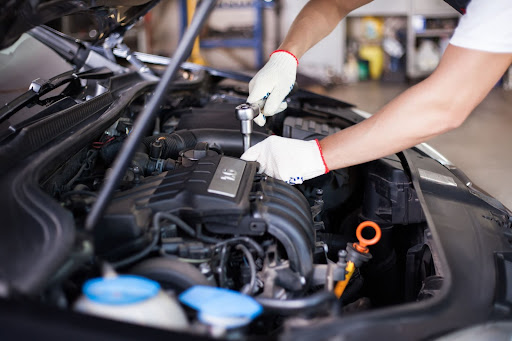All Categories
Featured
Table of Contents
Preserving a vehicle can sometimes feel frustrating, particularly when taking into consideration the expenses related to usual automobile repair services and maintenance solutions. Comprehending these average costs is necessary for budgeting properly and guaranteeing that your vehicle continues to be in peak problem. While prices can vary depending upon a number of factors, including the make and model of your vehicle, geographical area, and whether you pick a car dealership or an independent shop, this overview supplies a picture of normal prices you could encounter.
![]()
1. Oil Adjustment.
One of one of the most essential maintenance tasks is an oil modification. Regular oil changes aid guarantee your engine runs smoothly and successfully. The ordinary price for a conventional oil adjustment ranges from $25 to $50, while an artificial oil change typically costs in between $50 and $100. Some stores provide packages that include additional services, such as tire rotation, which can influence the general price.2. Brake Substitute.
Brakes are critical for your car's security, making timely repair services essential. The typical cost for replacing brake pads can differ between $150 to $300 per axle. If the brake rotors also require changing, expect to pay an extra $100 to $200. It is essential to resolve any type of signs of brake use early to avoid extra considerable repairs.3. Tire Providers.
Tire costs can substantially influence your maintenance budget. On average, a new tire can set you back between $100 and $300, depending on the brand and specifications.4. Battery Substitute.
Auto batteries generally last between three to 5 years. When it's time for a substitute, anticipate to pay around $100 to $200 for a brand-new battery, which generally includes installation. If more diagnostic work is required because of electrical concerns, prices can rise, frequently reaching $300 to $600 depending on the issue.5. Transmission Maintenance.
Transmission issues can be amongst one of the most pricey fixings. A standard transmission fluid change normally costs between $100 to $300, while a total transmission restore or replacement can range from $1,500 to $4,000 or more. Timely maintenance and servicing of your transmission can stop these expensive repair work.6. Engine Diagnostics.
A diagnostic check is important to determine the issue if the check engine light comes on. This solution generally costs between $75 to $150. Once the issue is detected, fixing prices can vary widely, with basic fixes costing around $100 and a lot more challenging concerns possibly surpassing $1,000.7. General Upkeep Providers.
Routine upkeep, such as fluid adjustments and filter replacements, is important for lorry longevity. A coolant flush might cost around $100 to $150, while replacing an air filter can range from $20 to $75. Consistently scheduled maintenance can aid protect against larger, a lot more expensive repair work in the future.8. Miscellaneous Providers.
Other common services, like front lights or taillight substitutes, normally price between $10 and $30 for bulbs, yet installment can boost the total amount. Tire positioning services usually cost around $75 to $100 and are important for maintaining even tire wear.
Final thought.
Understanding the average costs connected with auto fixings and maintenance can help car owners spending plan successfully and make notified decisions. While the numbers provided below are general estimates, prices can differ based upon your place and the particular services required. Constantly take into consideration obtaining several quotes from neighborhood service center to ensure you're getting a fair cost. Routine upkeep and prompt interest to repair work not only keep your car running efficiently but also add to safety and dependability on the roadway. Purchasing your automobile's upkeep now can avoid much more expensive fixings in the future, eventually conserving you time and money.Table of Contents
Latest Posts
Important Preventative Upkeep Solutions for Automobile Owners
Published Nov 23, 24
0 min read
Shake Up Your Summer: Craft Cocktails with Seawall Shine
Published Nov 23, 24
1 min read
Bath Fitter Lifetime Warranty: Your Assurance for a Quality Bathroom Remodel
Published Nov 23, 24
2 min read
More
Latest Posts
Important Preventative Upkeep Solutions for Automobile Owners
Published Nov 23, 24
0 min read
Shake Up Your Summer: Craft Cocktails with Seawall Shine
Published Nov 23, 24
1 min read
Bath Fitter Lifetime Warranty: Your Assurance for a Quality Bathroom Remodel
Published Nov 23, 24
2 min read